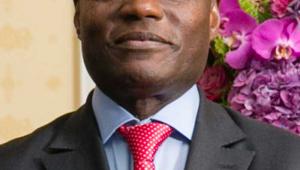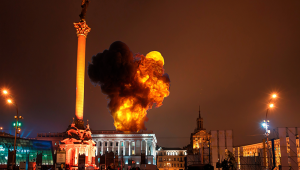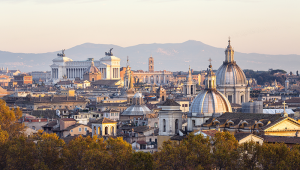Investigators are struggling to understand the cause of the power outage – the worst in Argentina’s recent history – which left the country’s 44 million citizens in the dark.
Neighbouring Uruguay and some areas of Paraguay – which share elements of the grid – were also left without power on Sunday.
The disruption hit public transport and forced hospitals to run on generators, although supplies to many residents have been restored progressively since.
While Argentine officials said the blackout began with a failure in the country’s “interconnection system” – and specifically in the transmission of electricity from the Yacyretá hydroelectric dam on the Paraná River – the exact cause is still unknown.
President Mauricio Macri admitted the outage was “unprecedented”, but energy secretary Gustavo Lopetegui said it could take up to a fortnight to understand what was responsible for the “complete disconnection”.
The outage exposes weaknesses in Argentina’s electricity infrastructure system and in particular what some observers say has been chronic underinvestment since utility tariffs were frozen after the deep economic crisis in 2001–2002.
Macri himself has used constant blackouts in the past to attack the energy policies of previous governments and his government began to raise electricity tariffs three years ago.
However, the country’s overall need for infrastructure investment is vast, and is put at a total $810bn between 2016–2040 by the G20’s Global Infrastructure Hub.
The investment needed for energy projects alone is estimated to be $132bn, with current trends in funding of $93bn by 2040 leaving an investment gap of $39bn.
Macri has made infrastructure investment a key priority of his presidency, but economic problems drove him to accept a $57bn IMF bailout last year to help Argentina recover from spiralling economic problems.
The country continues to struggle with inflation and Macri has introduced emergency measures, including cutting government ministries and raising export taxes.
In an indication of how politically difficult it is to tamper with utility prices, citizens took to the streets in February to protest against rises.














